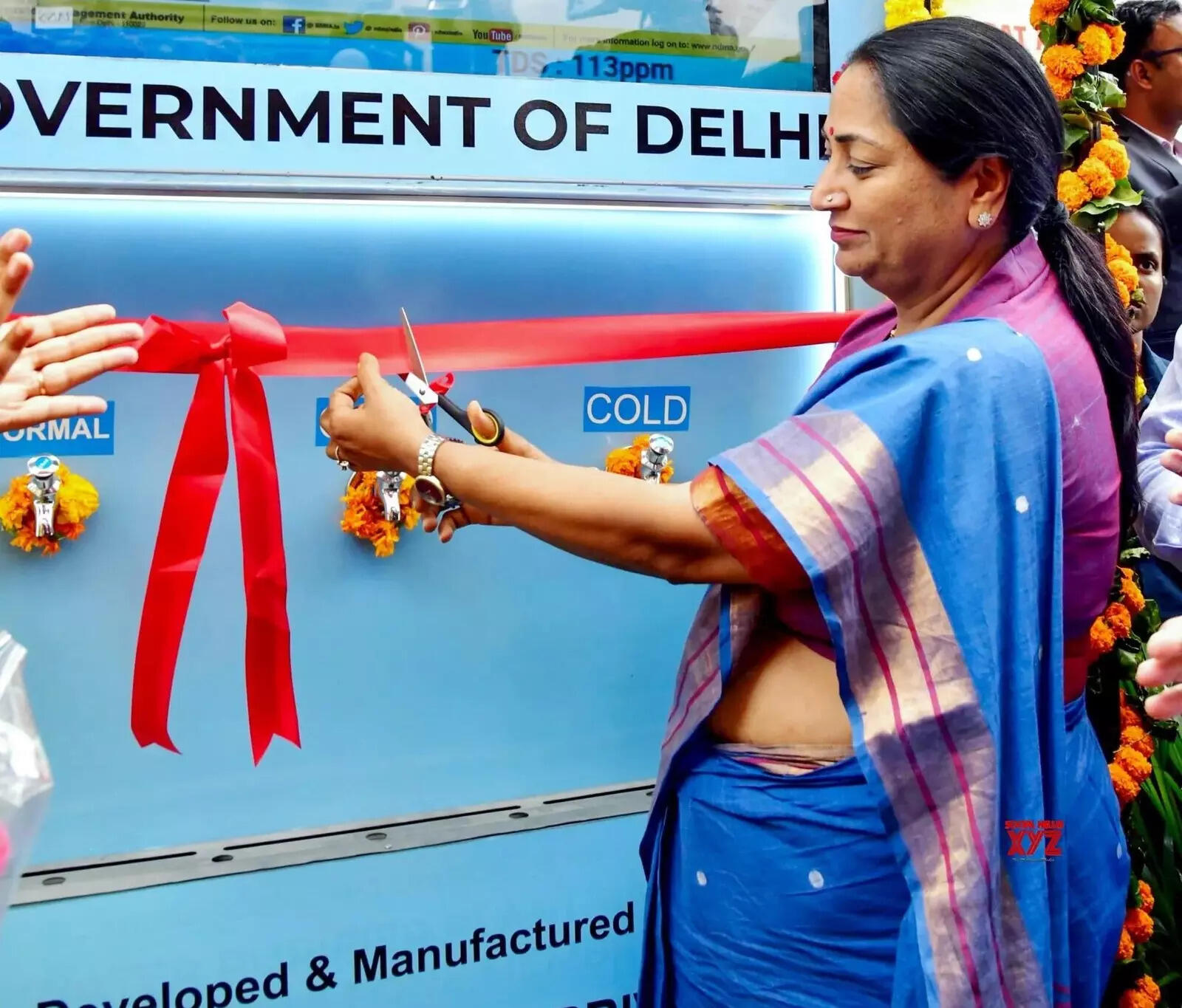
NEW DELHI: Chief Minister Rekha Gupta on Wednesday launched the Delhi Heat Action Plan (D-HAP) 2025, a comprehensive framework to safeguard citizens from extreme heat conditions and intensifying heat waves through building long-term resilience. The plan focuses on structural, health, hydration and behavioural interventions designed to support every section of society.
“If Delhi is the hottest city in the country, our preparedness must be the strongest,” said CM Gupta. “From roads to rooftops, we are working to ensure no citizen suffers because of the heat.”
The initiative aligns with Prime Minister Narendra Modi’s vision of a climate-resilient India and has been developed with inputs from NDMA, DDMA and IMD and support of the Swiss Development Corporation, UNEP, RIMS, CEEW, NRDC, IRADE and Nand and Jeet Khemka Foundation.
Present at the launch were Health Minister Dr Pankaj Singh, PWD and Water Minister Parvesh Sahib Singh, and senior officials from Delhi government.
At the core of D-HAP 2025 is the installation of 3,000 water coolers or ‘Water ATMs’ across the capital, 1,000 on public roads, 1,000 in government buildings and 1,000 in rural areas. These digital, GPS-linked units will ensure safe, round-the-clock hydration. The government also aims to scale the initiative through CSR partnerships.
A test machine placed at the secretariat has been sponsored by the Nand and Jeet Khemka Foundation delivered by Panchal Enterprises, using BARC-certified Nano Composite Purification Technology. Speaking at the launch, Mihika Khandelwal (Director) and Anirudh Reddy (India Head) emphasized the coolers’ role in preventing heat-related illnesses, particularly in high-risk zones like slums and transport hubs.
This plan, built on local execution and inter-departmental coordination, reinforces Delhi’s commitment to public welfare and seasonal preparedness, according to an official release.
“Every life is precious—for the city, and for the nation. This plan is our collective responsibility,” said CM Rekha Gupta.
Other Key Components of D-HAP 2025 include:
Cool Roof projects at Kashmere Gate, Anand Vihar and Delhi Secretariat
Heatstroke awareness kits for schools
Cooling shelters and shaded bus stops on PWD roads
Dedicated heat wave wards in major hospitals
Heat alerts via SMS and social media, in collaboration with IMD
Deployment of Aapda Mitras, Delhi’s trained disaster response volunteers


